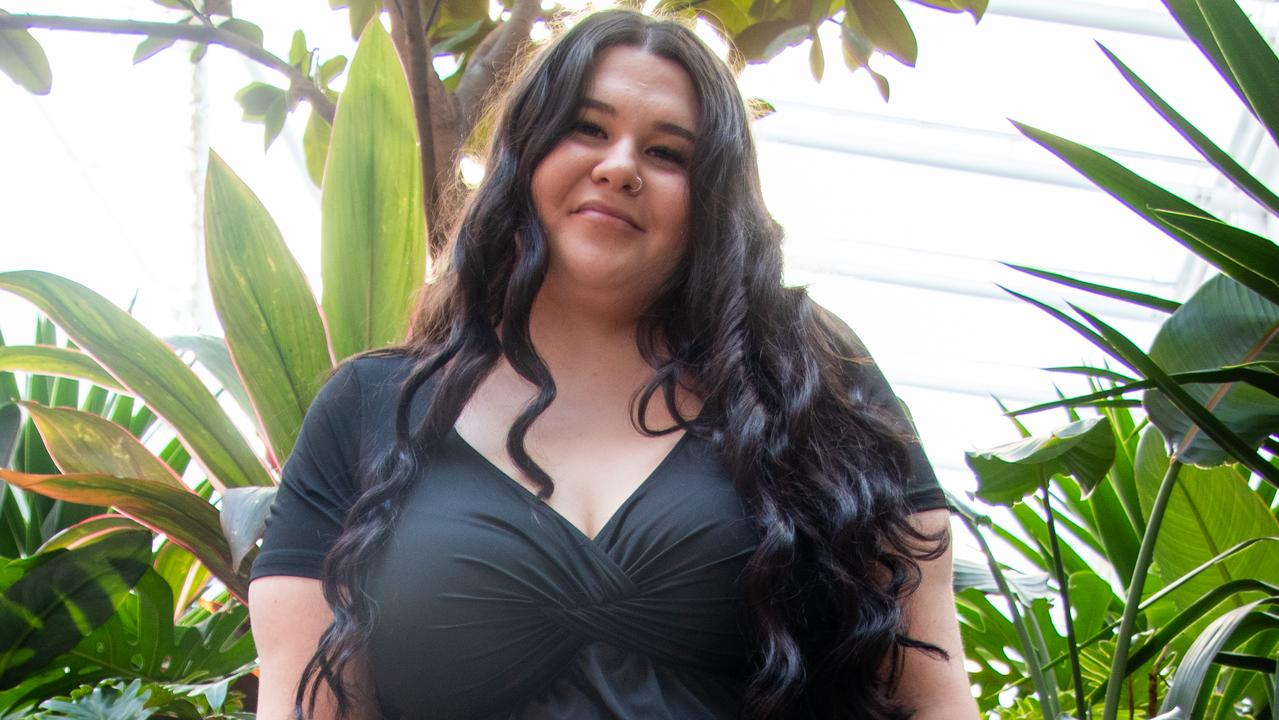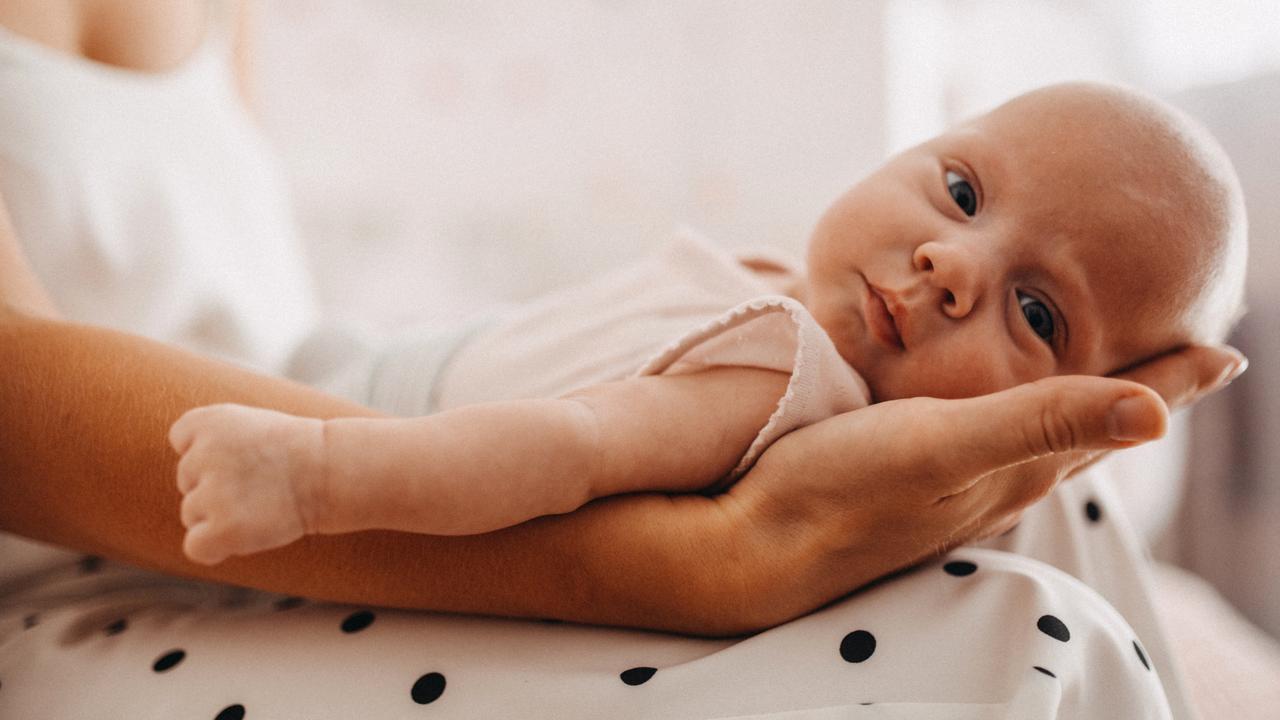One-in-five Aussie women say pandemic stopped them from having children
Ebony and her partner can’t afford to have a child. She’s one of many Aussie women putting family plans on hold as the pandemic hit finances.
Melbourne plus-size model Ebony Tallentrye has put her plans to start a family on hold due to financial uncertainties associated with the pandemic.
The 24-year-old said she lost thousands in income as the city went into multiple lockdowns, cancelling photos shoots, while her partner’s income was also reduced by $20,000.
She hasn’t been able to rely on brand partnerships either.
“With my modelling and content creation that I do, the brands that I would normally work with they aren’t as willing to pay for these kinds of services, because obviously they have been hit hard and can’t afford to spend some money,” she told news.com.au.
She and her partner, who have been in a relationship for seven years, started trying for a baby at the start of 2020.
But Ms Tallentrye also has a health condition which can make conceiving harder too and as their incomes took a hit, they realised it wasn’t “financially viable” to have a much wanted baby.
“We can’t afford to bring another person into the world when we can’t really look after ourselves at the moment, due to the current climate,” she explained.
“It’s horrible, because all we want is a child, but financially we can’t afford one. Also physically its hard I have PCOS, which is polycystic ovary syndrome, and we have been unsuccessful so many times. The next step is going to a fertility specialist and consultations are hundreds of dollars and then it could be thousands of dollars for treatment and we can’t afford that.
“I’m nearly 25 I don’t want to wait years and years, I don’t want to be in my 30s and have a child – there is nothing wrong with that – but personally I want to have one really soon.”
RELATED: Third of Aussies are ‘drowning in debt’

Young people delaying babies
The model isn’t the only young Aussie putting her baby plans on hold. Almost one-in-five women admitted delaying plans to start a family over the past 12 months due to COVID-19, a national survey from Kin, a specialist provider of reproductive telehealth services and education.
More than half of those aged 18 to 35 surveyed by Kin reported being financially impacted by the pandemic.
In fact, 83 per cent of women believed they’d need at least a 10 per cent salary increase to feel comfortable supporting a child of their own, while others said the increase would need to be as high as 30 per cent.
Recent Australian Bureau of Statistics’ data showed Australia’s fertility rate had fallen to its lowest level in recorded history.
Four out of five Australian women feel their salary is too low to enable them to start a family, and more than two-thirds of women want to have their own home or feel financially secure before having their first baby, the survey found.
Nicole Liu, Kin founder, said babies can cost between $3000 and $13,000 in the first year alone – but the survey showed that only 30 per cent of women were saving for a future child.
A recent study from the member-owned bank CUA found almost a quarter of parents surveyed recommended saving more than $10,000 before having a baby, while 38 per cent said $5000 to $8000 was sufficient.
RELATED: How much you need in your emergency fund

Women took a financial hit during the pandemic
The pandemic has hit women financially harder, according to money expert Billie Christofi, as they took up more of the unpaid labour, such as raising children and housework.
“They’ve had to do more unpaid care than ever before, potentially compromising their capacity to sustain normal working hours and earn the same income as prior to the pandemic,” she said. “Consequently, this has a big knock-on effect on significant decisions like starting a family.
“The financial consequences of the pandemic also means that the reality of owning their own home or feeling financially secure are farther away than ever before, with 67 per cent of women citing these factors as reasons for delaying their plans for children.”
These financial concerns far outweighed the more traditional reasons for delaying a family, such as wanting to travel or marrying first, she added.
Ms Christofi said that having a baby was financially expensive and she recommends people start saving early.
“I think that starting with $5000 is a good way to have that little buffer there. We are living in a time where people are more in debt than they have in savings,” she said.
“If you look at your current financial structure, it’s about how to pay down debts and put money towards a saving plan. People focus early on in life about getting a better car and getting a bigger house, but this view needs to change to living within your means and having savings in your account and giving yourself financial security to have a baby.”
Despite the decision to delay starting a family, many women still want to safeguard their ability to have a child in the future, with almost one-in-three saying they’d be prepared to set aside funds of up to $10,000 a year to make that happen, Kin’s research found.




